"When people tell you who they are, believe them."
This may just be your ordinary quote from Shonda Rhymes, but when it comes to my recent barrage of personal issues, I find this quote to be quite useful. It leaves no room for possibilities beyond what is being presented— just the face value.
The face value is easiest to box.
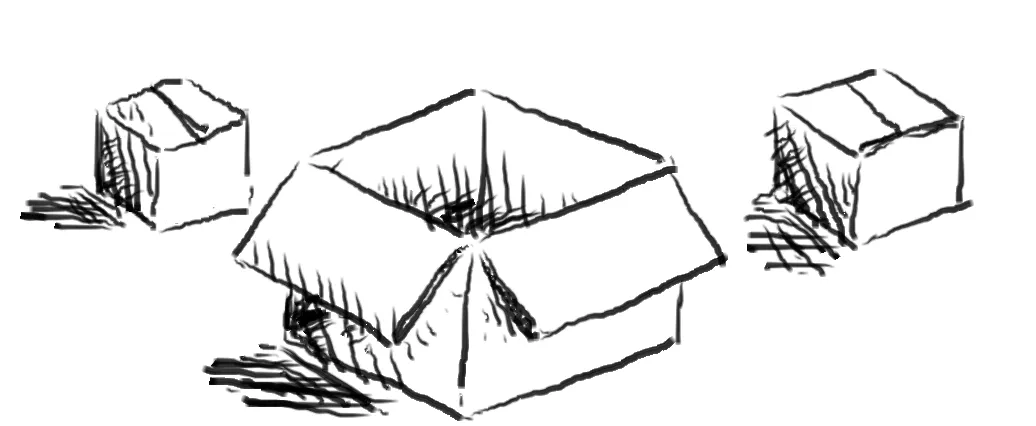
As human beings, we often find pleasure in placing things in boxes— categories— in order to make things easier for us to process. It's easier for us to label people, places, and things. That's why we have stereotypes, we have countries, we have names, we have jobs and we have labels— right vs. left, hero vs. villain, good vs. bad, conservative vs. liberal, female movie tropes ranging from manic pixie dream girls to femme fatales.
If we don't do them, we for sure become way too untethered, unwound, over-analyzing everything and every possibility in the grey area. We fall apart at the slightest 'unrelated' inconvenience, and the next minute, we find ourselves clamoring inside a pit we fall into and don't know how to get back up. We might even say that the grey area is a trap.
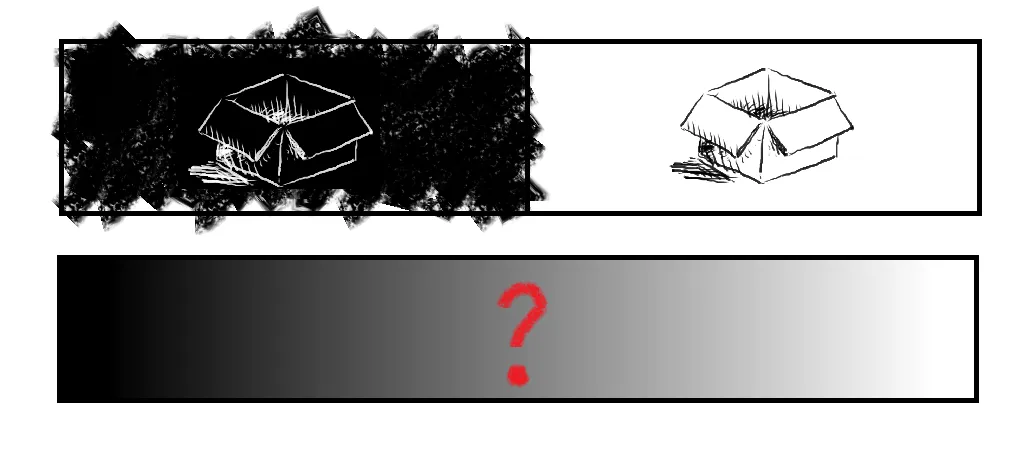
But when we do allow ourselves to be consumed with the idea of boxes— compartmentalization— as they would call it or the placing priorities in categories or "boxes" in hopes that if one area of our lives succumb to a crisis, the other areas would be left unscathed. It's convenient, efficient, and effective— the perfect tool in maintaining our own functionality and preserving our egos.
But it does have a catch.
The trade off? One way or another, we need to have to start opening those problematic little boxes of our lives and face the damage-- the blood, the grim, the grime— instead of leaving them as is, otherwise, little by little, it will eat away the bits and pieces of what’s left of our souls.
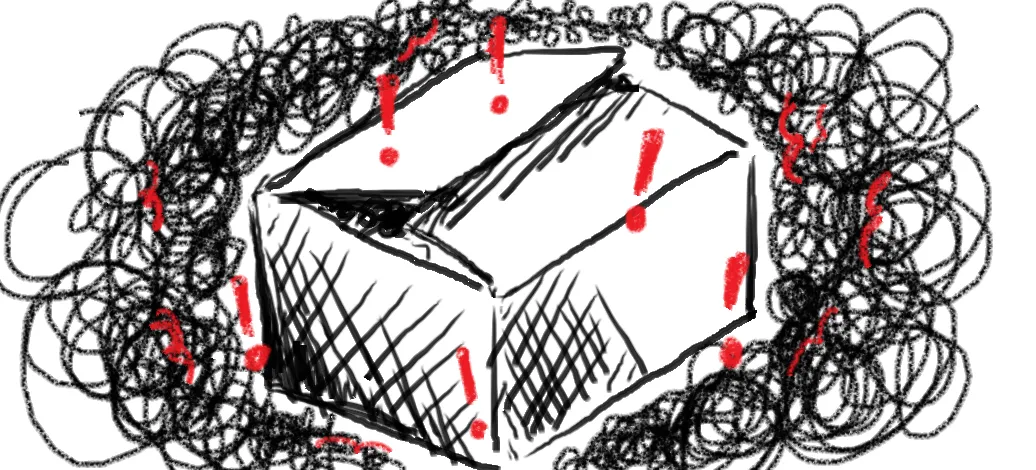
This is where things get difficult because people (all people) will do anything— anything— to protect their ego; their identity, to feel that they still have power and control over their circumstances. So they go through lengths of avoid opening those boxes— pushing them further under the rug, lighting them on fire, shipping them to Italy in hopes that somehow the denial and avoidance are going to mask all of that or make them all go away.
We'd like to think that we're brave enough to face the discomfort. We'd like to think that we're strong enough to hold ourselves accountable of our decisions despite the eerie possibility of questioning the beliefs we've hold on to for so long, and we'd like to think that we can be part of that 20% of 'brave' individuals who would rather choose that difficulty, over the difficulty of dealing with the more familiar life lived haunted with self-betrayal.
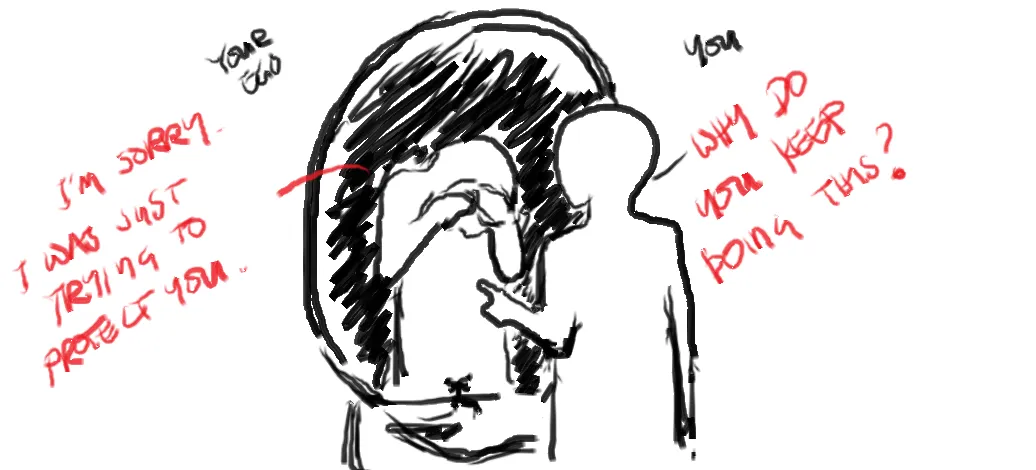
But in reality, based on three, four five years of experience since my first existential wake up call, it is easier said than done and it not only does it take a lot of bravery to finally look at the person in the mirror and say:
"Cut the bullshit. Stop being a coward."
"Why do you keep running away?"
"What's wrong with you?"
"I know you have been hurt and abandoned in the past, and you don't want to feel all those things again, but you cannot live life like this. Let's do this together."
but it takes time and repeated instances of breaking and piecing one's self together.
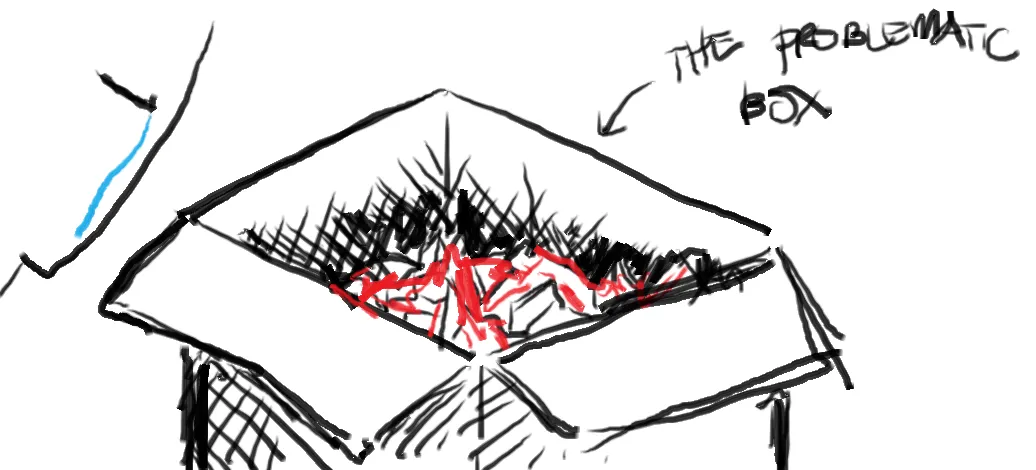
I'd like to think that that's the true meaning of "living on the edge": To ask ourselves if we just want to sit around, wait, and listen to those little boxes tick until they explode and overwhelm our capacity to put them back? or take the longer, more fear-ridden route of unboxing each experience in our lives that is riddled with shame, of letting go of the pride of doing things alone — slowly and consistently— with a little bit of help and support from other people on the same journey?
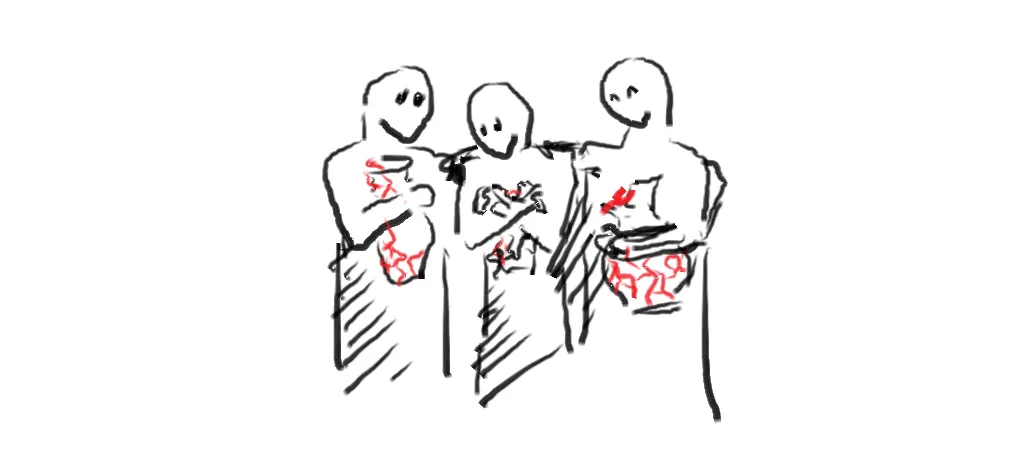
If I were to be honest, choosing the latter for five years feels like a Sysyphian job, and if I were to be even more honest, it's probably going to continue feeling like a Sysyphian job.
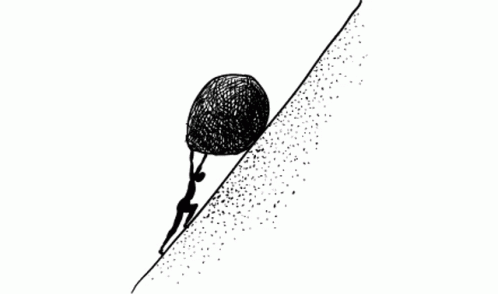
But based on evidence, I am better now than I was five years ago.
I am more disturbed for sure, more damaged, still cynical about life, but I also have grown wiser, smarter, stronger, kinder, with an immense capacity for love and loss. Maybe a few years from now I would like to think a more grounded version of me will read back to these anxiety-ridden words and laugh at them.
Never have I felt more aligned with my values. Never have I ever felt strongly the allegiance I have to the 8-, 18- and 85-year old versions of myself in my soul.
From here on out, things will only continue to get better.
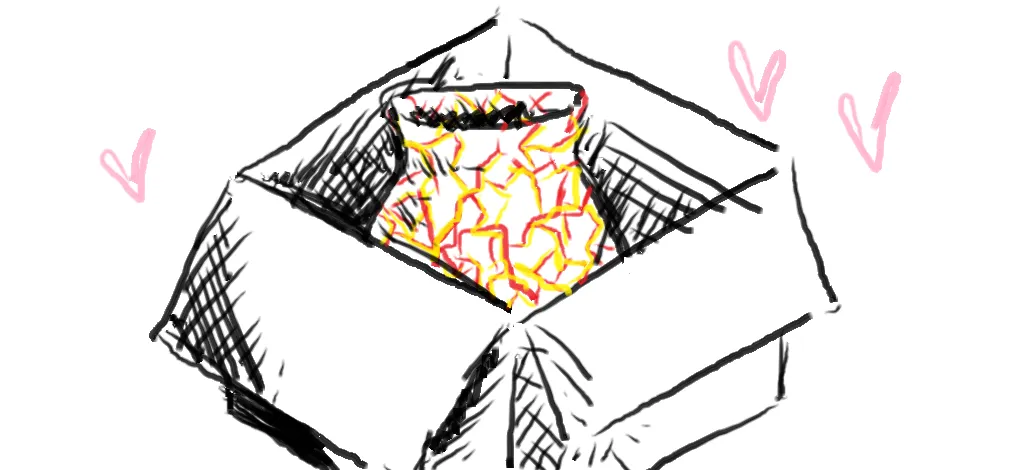

Roxanne Marie is the twenty-year-old something who calls herself the Protean Creator.
She is a chemical engineer by profession, pole-dancer and blogger by passion and frustration, and lastly, a life enthusiast. She is on a mission to rediscover her truth through the messy iterative process of learning, relearning and unlearning. Currently, she works as a science and research instructor in her hometown, Tagbilaran City, all the while documenting her misadventures, reflections and shenanigans as a working-class millennial here on Hive.
If you like her content, don't forget to upvote and leave a comment to show some love. It would be an honor to have this post reblogged as well. Also, don't forget to follow her to be updated with her latest posts.
